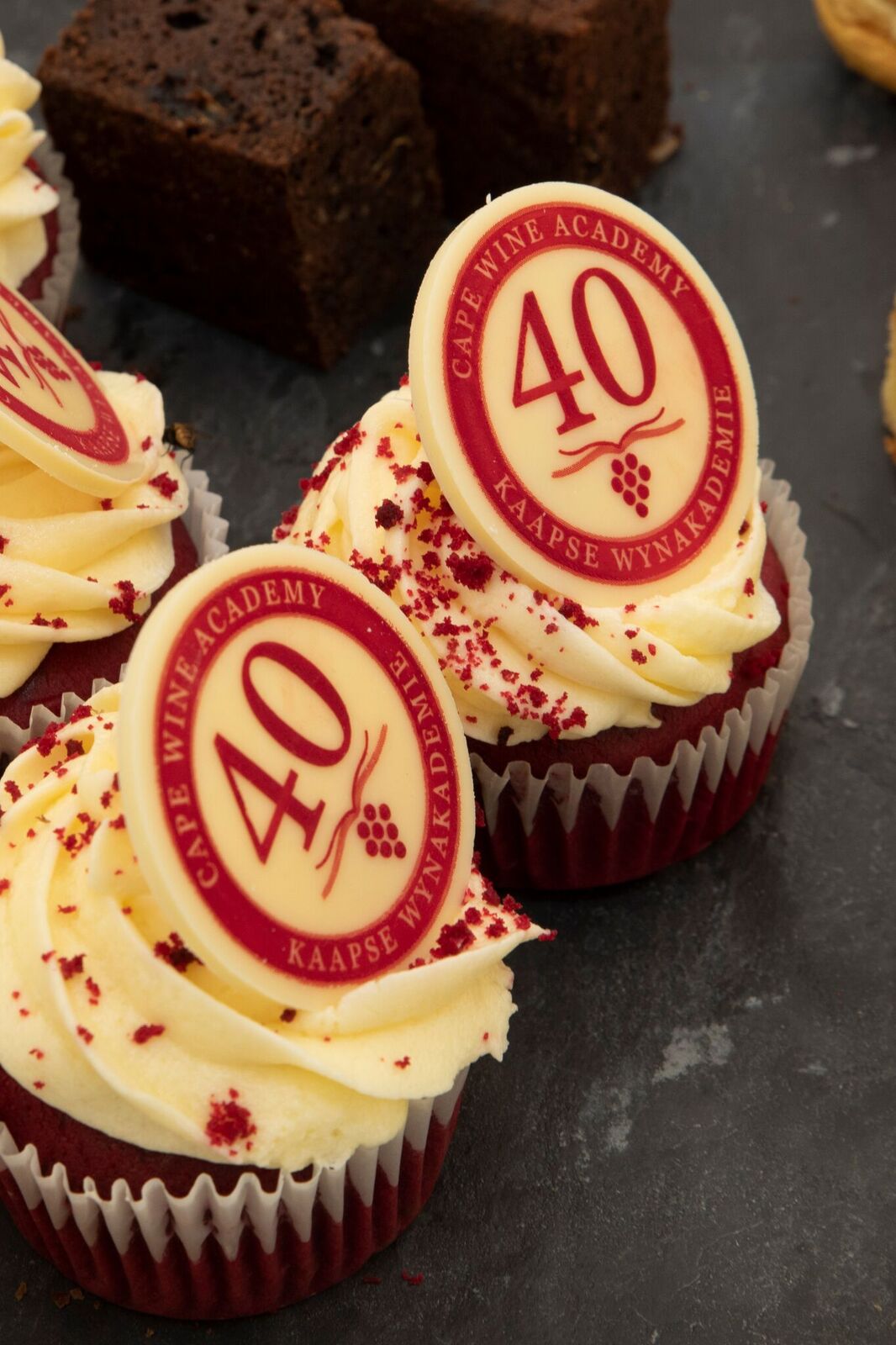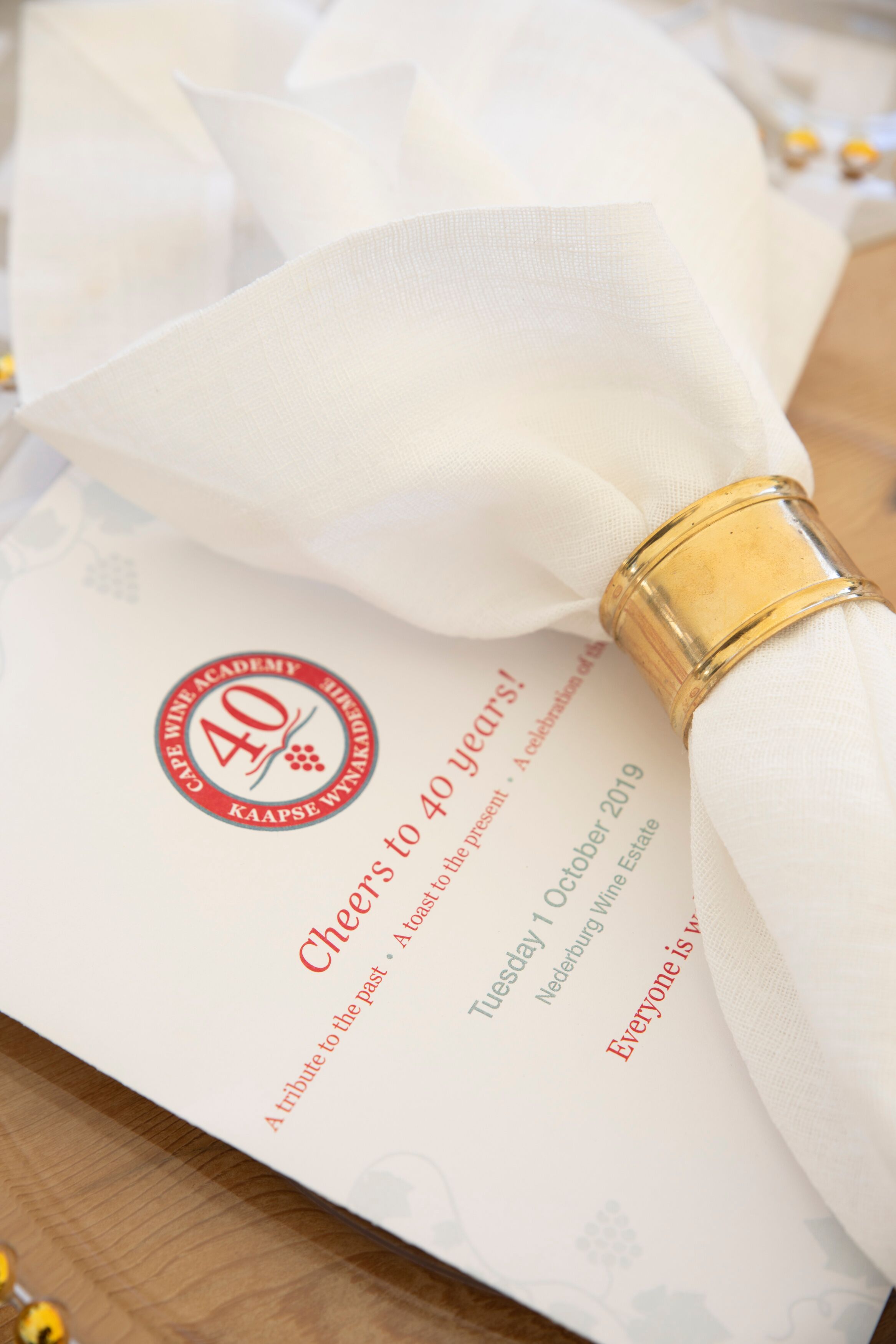Academically inclined
In the 70’s, gaining knowledge was a chore. It required effort. Learning meant opening books – and even visiting a library first to find the book you needed. Nowadays it’s just a mouse click away.
Want to know how to edit a PDF document? Google it – and take your pick of online resources. It might be a YouTube video that someone has put together but the information is out there. Want to know how many ships were wrecked off the South African coastline between 1800 and 1900? Google it and you’ll have 432 000 references in about 0.2 seconds!
Back in 1979 Stellenbosch Farmer’s Winery was looking to sell more wine. To do so it needed a market that understood the product – which, at the time, very few South African consumers did. So it came up with the Wine Plan – and part of this plan was to teach people the basics. How grapes are grown, what grapes are used, how wine is made, various styles of wine and so on. And that’s how the Cape Wine Academy came into being. It’s just celebrated a landmark anniversary.
It’s been 40 years since Phyllis Hands was appointed as Principal of the newly formed Cape Wine Academy. She started off with a blank slate and was on hand at Nederburg in Paarl recently to provide some insight into those early days, alongside two of the first three Cape Wine Masters, Duimpie Bayly and Bennie Howard. Sadly, Tony Mossop, the third member of the trio died some years ago.

Anniversaries call for celebrations – and what would a party be without cupcakes? Credit: Danie Nel Photography
Hands set everything up. She wrote the course notes and textbook, along with Dave Hughes – who remains to this day one of only two Honorary members of the Institute of Cape Wine Masters. (The other being Colin Frith.) He’s often joked about not being a “proper” Cape Wine Master because he wrote the notes...
“Everyone was so supportive and willing to help,” Phyllis Hands recalled. Justifiably nervous about the quality of the information which was being passed on to the first students, Hands approached the Wine and Spirits Education Trust in the United Kingdom, asking it to vet the material.
They were so impressed by the viticultural notes that they asked if they could use them in their courses! This was at a time when South Africa was a pariah nation because of the government policy of apartheid and the local wine fraternity was shunned internationally. The green light was lit and the Academy took in its first students.
This is where it gets personal: I am one of the hundreds, if not thousands, of people who owe the Cape Wine Academy a debt of gratitude for teaching me about wine. As a young journalist I was instructed by my Editor to take over the wine column. Although enthusiastic in my liquor consumption (what journalist isn’t?!) I knew nothing about wine – and the Academy’s introductory course taught me the basics.

Credit: Danie Nel Photography
But it also lit a little flame of interest. I wasn’t satisfied just knowing how wine was made – or the difference between Cabernet Sauvignon and Chardonnay. I wanted more! And more led to Certificate and Diploma level – and ultimately to a career change and relocation to the Cape as editor of WINE magazine! Over the years I have even lectured to a few students of the Front of House course about the importance of communication.
The Cape Wine Academy changed lives; not just mine. Durban was a bit of a backwater when it came to wine but a group of us who decided to pool our resources for the Certificate course and create a tasting group. One of that group ultimately gave up his job as a teacher and is now a winemaker and yet another ended up working for the Cape Wine Academy...
Of the group of students who attended the intensive Diploma week in the early 90’s, one is head of marketing and sales for an international brand, another became the head of the South African Wine and Spirits Exporters Association (the forerunner to WOSA), another a winemaker and at least three others joined various wine brands and companies.
It’s said that from little acorns, great oak trees grow. The Cape Wine Academy has been a wonderfully fertile grapevine that has grown, required a bit of pruning and trellising over the years, struggled in some head winds and lean years but has produced many vintage students. There are thousands of people throughout South Africa, from all walks of life, some involved in wine and others who simply appreciate the drink, who learned through the Academy.
That’s a helluva achievement. Congratulations to all who made it possible over the years.
And thank you.
- Fiona McDonald